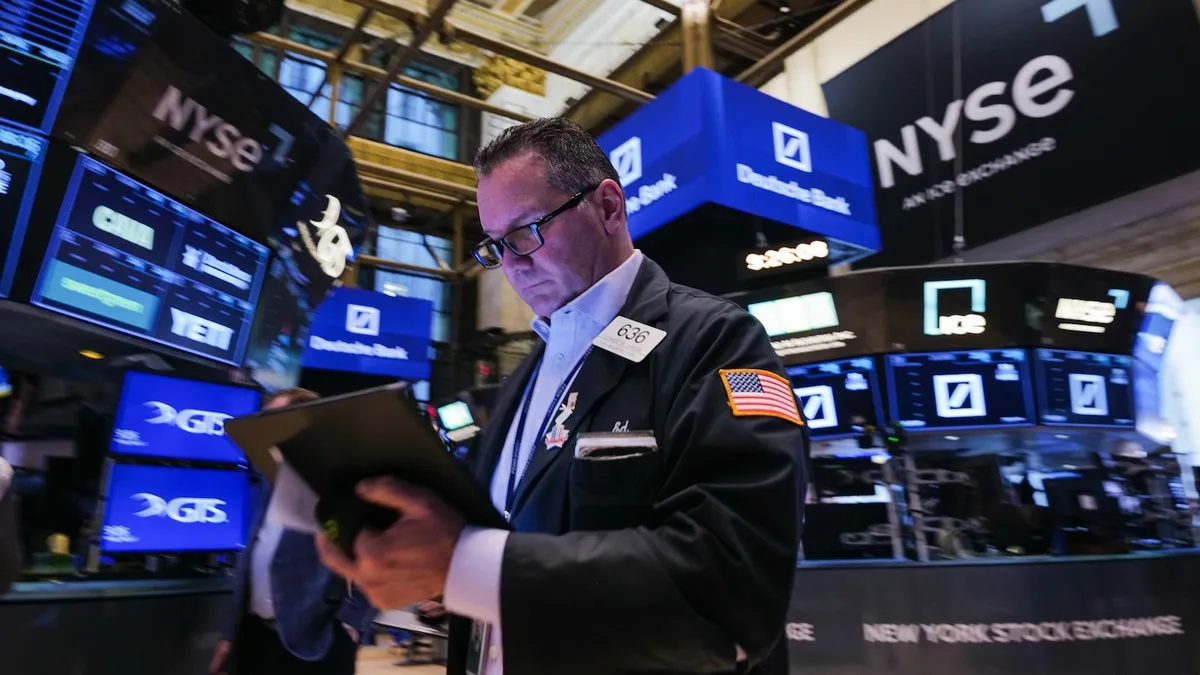
In early trading on Monday, U.S. stocks faced widespread losses, following remarks from President Donald Trump regarding the potential for a recession. The Dow Jones Industrial Average experienced a considerable drop, falling by 515 points or 1.2%. Meanwhile, the S&P 500 index declined by 1.4%, and the tech-heavy Nasdaq plummeted nearly 2%. Notably, shares of Tesla, the electric vehicle manufacturer led by Elon Musk, saw a significant decrease of nearly 6%. Additionally, major airlines such as United Airlines and Delta each fell by over 5.5%.
This latest selloff continues a trend of declines from the previous week, driven by growing uncertainty surrounding the tariffs imposed by Trump on Canada, Mexico, and China, some of which have been postponed or withdrawn. The S&P 500 recorded its worst week since September, highlighting the market's volatility.
In an interview that aired on Sunday, President Trump addressed concerns over a potential recession, indicating that the recently imposed tariffs could lead to a transitional period. "I hate to predict things like that," he remarked during a taped segment with Fox News. "It takes a little time, but I think it should be great for us.” When pressed about his hesitance to dismiss the possibility of a recession, Trump responded, "Of course you hesitate. Who knows?"
Since Trump's inauguration, the Dow Jones Industrial Average has seen a decline of 2.5%, while the S&P 500 has dropped by 5%. The Nasdaq has experienced a more significant decline of 9%. This market slowdown aligns with disappointing economic indicators, including a recent jobs report that revealed U.S. employers added only 151,000 jobs last month, missing the anticipated target of 170,000.
Furthermore, a critical measure of consumer confidence reported its most significant monthly drop since August 2021, according to the nonpartisan Conference Board. The proportion of consumers expecting a recession within the next year surged to a nine-month high. However, there are signs of improving consumer sentiment, as assessments of current business conditions have risen. Additionally, there has been an uptick in plans for home purchases, indicating a continued recovery in the housing market.
Interestingly, mortgage rates have also been on a downward trend, falling for seven consecutive weeks, as reported by Freddie Mac. The average rate for a 30-year fixed mortgage currently stands at 6.63%, marking its lowest level since December.
This is a developing story, and we encourage readers to check back for updates as the situation evolves.